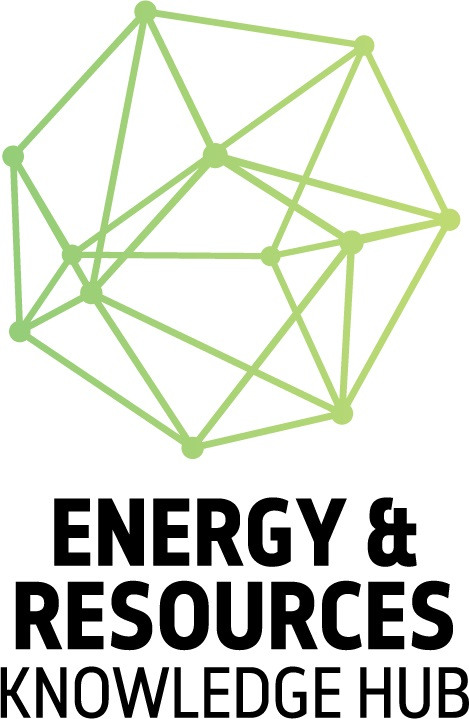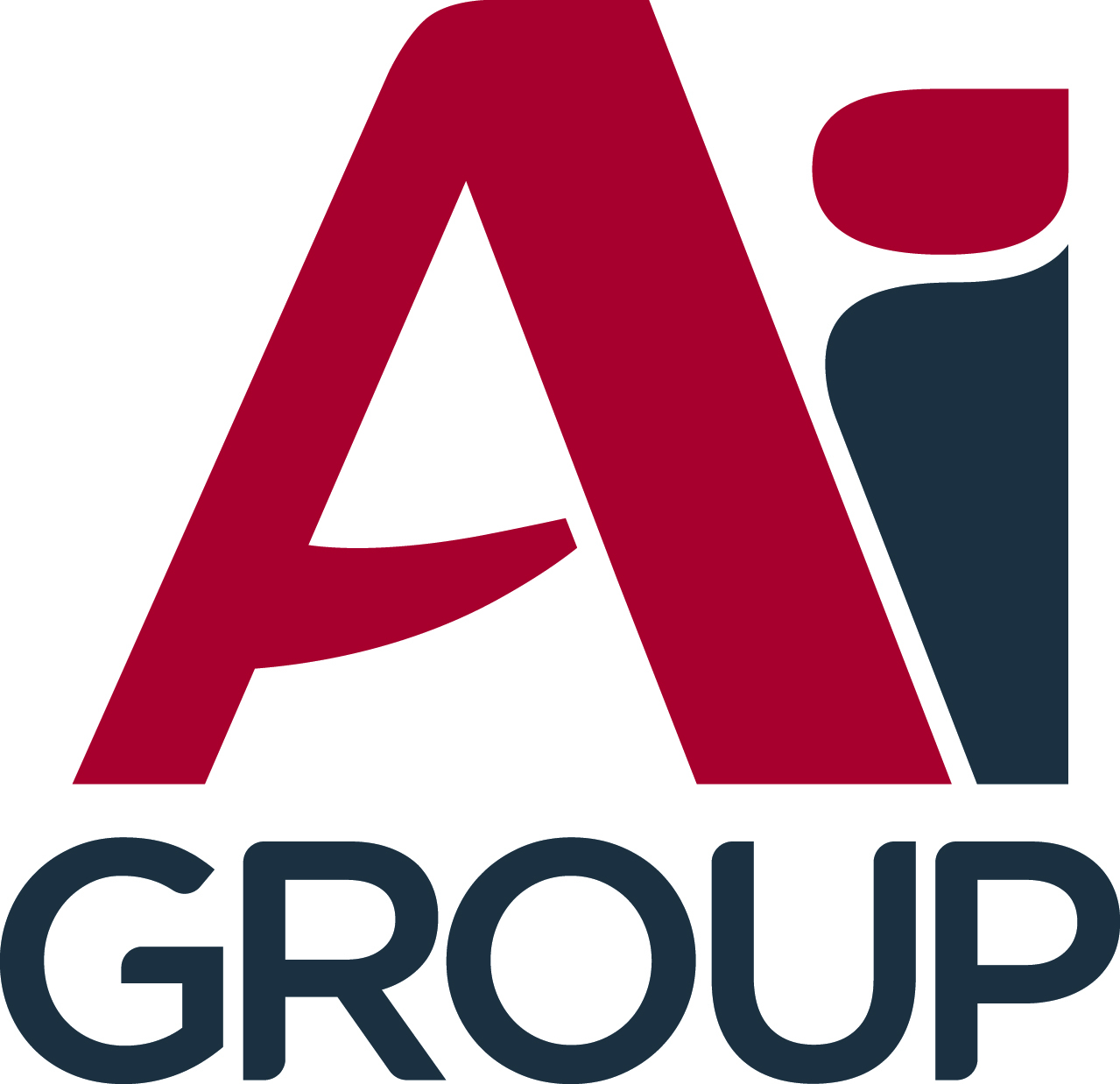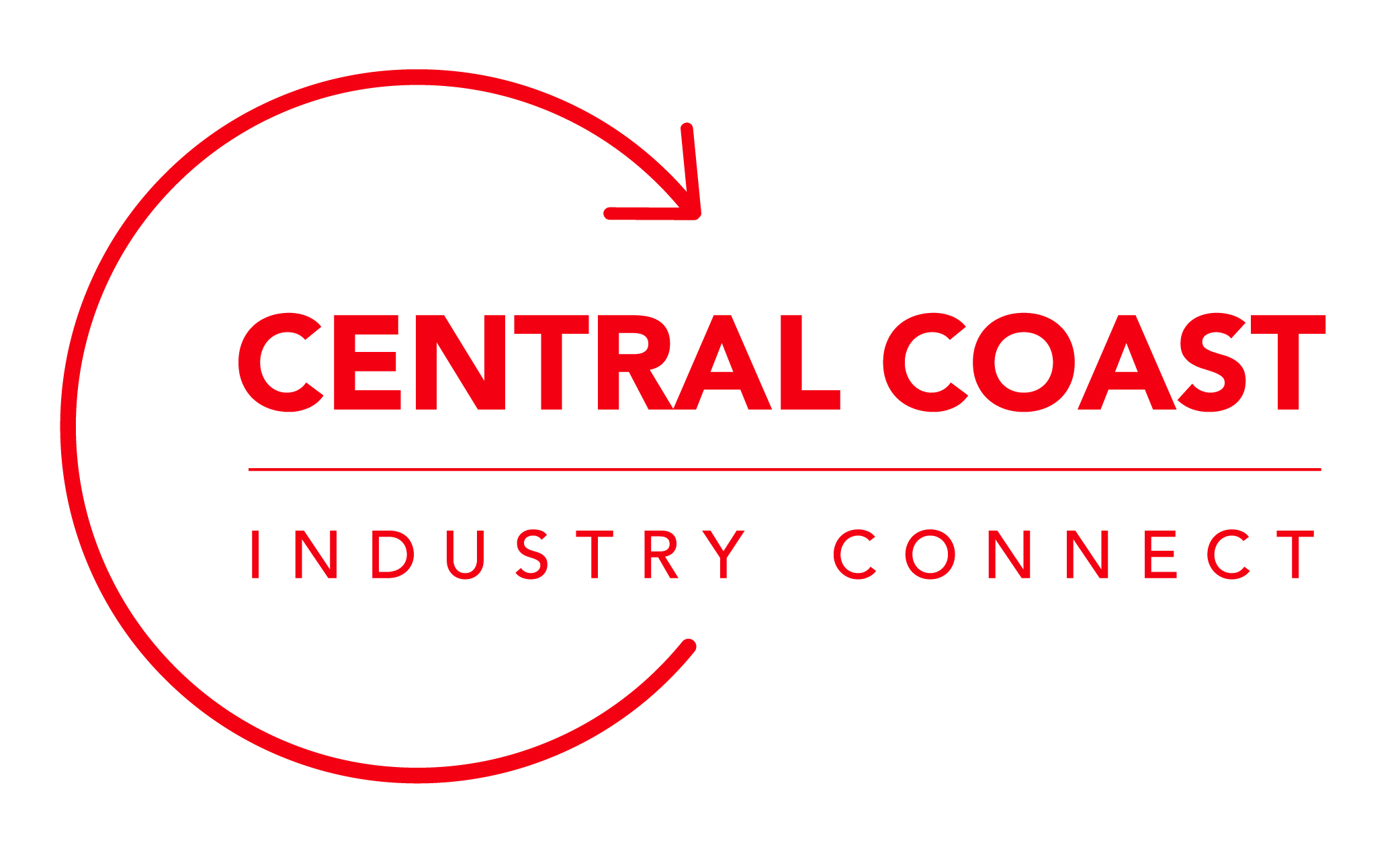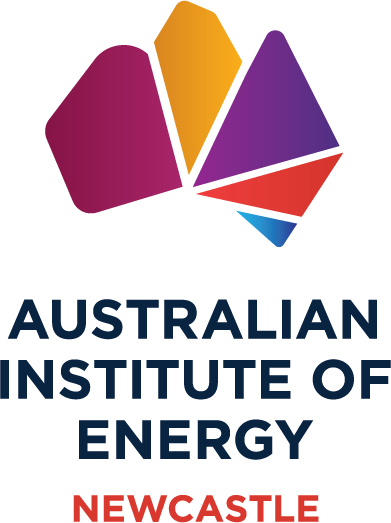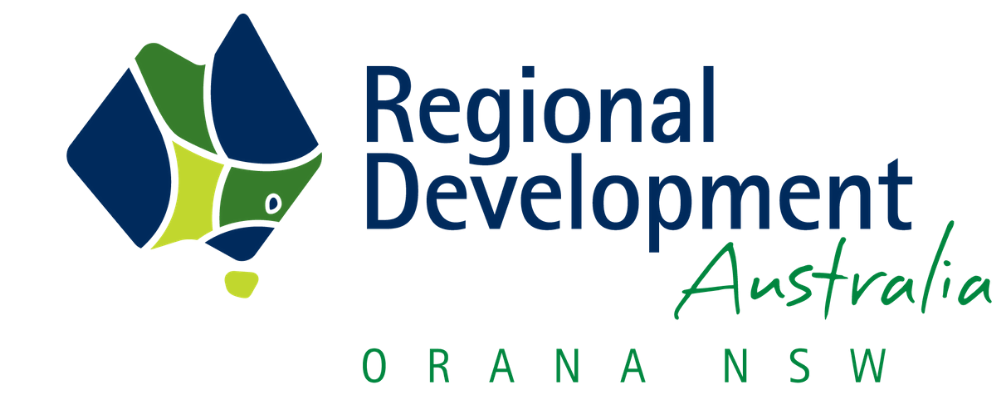New Deloitte report: Emerging global green hydrogen market set to create US$1.4 trillion market by 2050
The clean hydrogen transformation could support up to 1.5 million jobs per year in developing and emerging economies between 2030 and 2050, with the majority of those jobs in Asia Pacific.
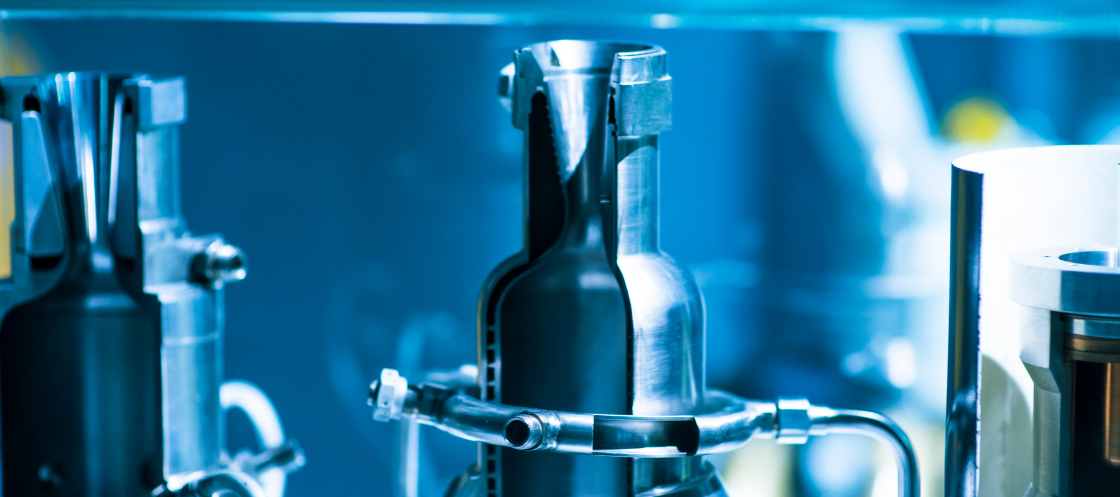
Green hydrogen is poised to help drive the bulk of the growth according to Deloitte’s new report “Green hydrogen: Energizing the path to net zero. Deloitte’s 2023 global green hydrogen outlook,” released last week by the Deloitte Center for Sustainable Progress (DCSP).
The projections come from Deloitte’s Hydrogen Pathway Explorer (HyPE) model, which delivers one of the most comprehensive analyses of the supply of hydrogen globally. This research shows that clean hydrogen can deliver up to 85 gigatons in reductions to cumulative CO2 emissions by 2050, more than twice global CO2 emissions in 2021.
Deloitte’s outlook provides extensive detail into the cost, production, and market of hydrogen, even analysing the business challenges facing the successful implementation of clean hydrogen, and providing insights into various market dynamics, such as optimal infrastructure sizing, investment needs, and technology choices. Furthermore, unlike blue hydrogen, green hydrogen prices have no direct correlation with natural gas prices, providing protection against the volatility recently observed in Europe and Asia.
Clean hydrogen has the potential to provide developing countries with a unique opportunity to advance to a low carbon future, while also fueling economic growth and sustainable development," said David Hill, Deloitte’s Asia Pacific CEO.
Interregional trade is key to helping unlock the full potential of the clean hydrogen market, supported by diversified transport infrastructure. Regions that are currently able to produce cost-competitive hydrogen in quantities that exceed domestic needs are already positioning themselves as future hydrogen exporters—supplying other less-competitive regions and helping to smoothly facilitate the energy transition.
By 2050, more than 65% of the market will be in developing and emerging economies and 15% of revenues will accrue in the Asia Pacific region. The report also predicts that by 2050, the global hydrogen market will reach US$1.4 trillion, including US$280 billion of interregional trade. Of this, the size of the Asia-Pacific market will be US$645 billion in 2050, including about US$110 billion of interregional trade.
“Our research suggests that Asia Pacific will capture almost 55% of the market in 2030, driven by skyrocketing demand in China, India, Indonesia, Japan, and Korea.” Said Will Symons, Sustainability & Climate Leader, Deloitte Asia Pacific.
“About 40% of the investment required to scale the clean hydrogen industry will be deployed in Asia Pacific. The clean hydrogen transformation could support up to 1.5 million jobs per year in developing and emerging economies between 2030 and 2050, with the majority of those jobs in Asia Pacific. Aside from the clear economic and climate benefits, an Asia Pacific clean hydrogen market will enhance energy security and independence.”
To help scale up a robust and fair clean hydrogen economy to meet projected demand, the report recommends policymakers focus attention on three key components:
- Lay the market foundation. Lay out national and regional strategies to lend credibility to the market, develop a robust and shared certification process for clean hydrogen to help ensure transparency, and coordinate internationally to help mitigate political friction and promote a level playing field
- Spur action. Establish clear targets and/or markets for clean hydrogen-based products and offer pointed instruments, such as fiscal incentives and subsidies, to help reduce the cost difference between clean and fossil-based technologies and help businesses integrate clean hydrogen into their value chains
- Ensure long-term resilience. Diversify value chains—from trade partners to raw material suppliers—to help prevent costly bottlenecks during the transition to clean hydrogen, focusing specifically on improving infrastructure design to more effectively transport (pipelines and marine roads) and store (strategic reserves) clean hydrogen commodities





